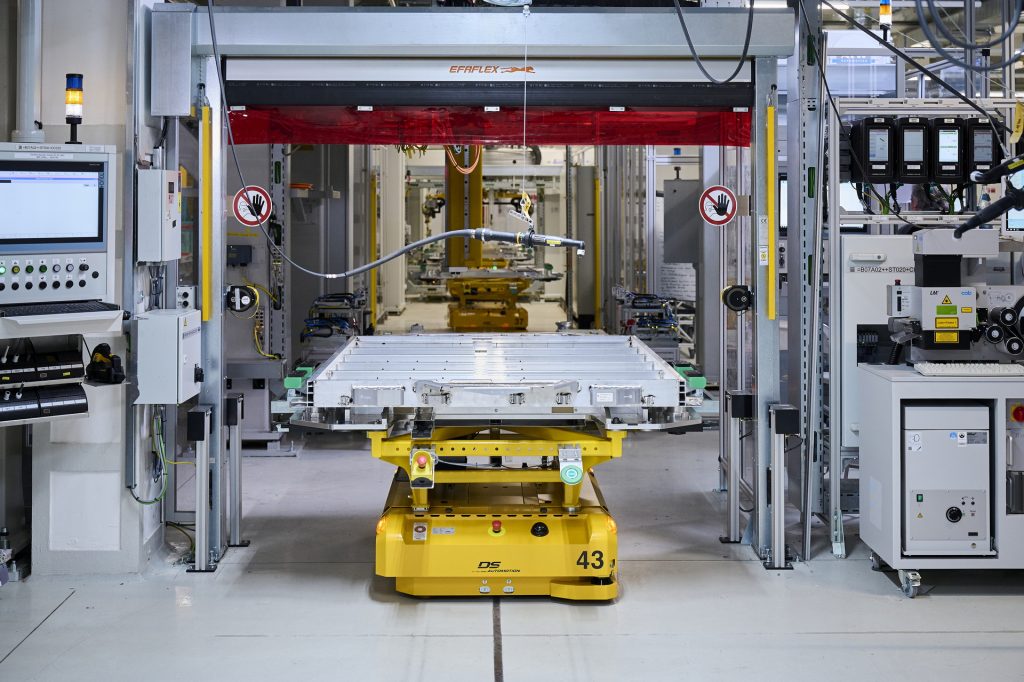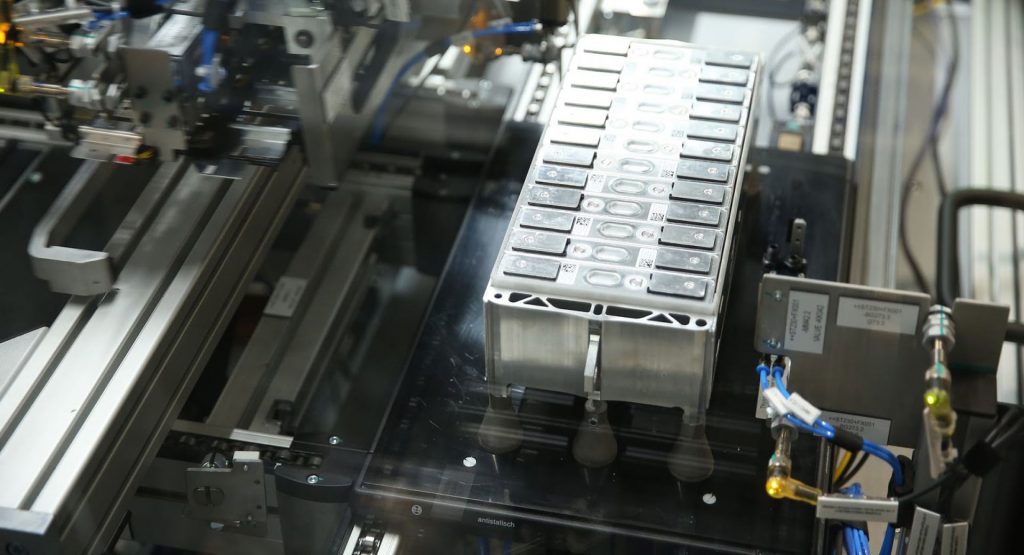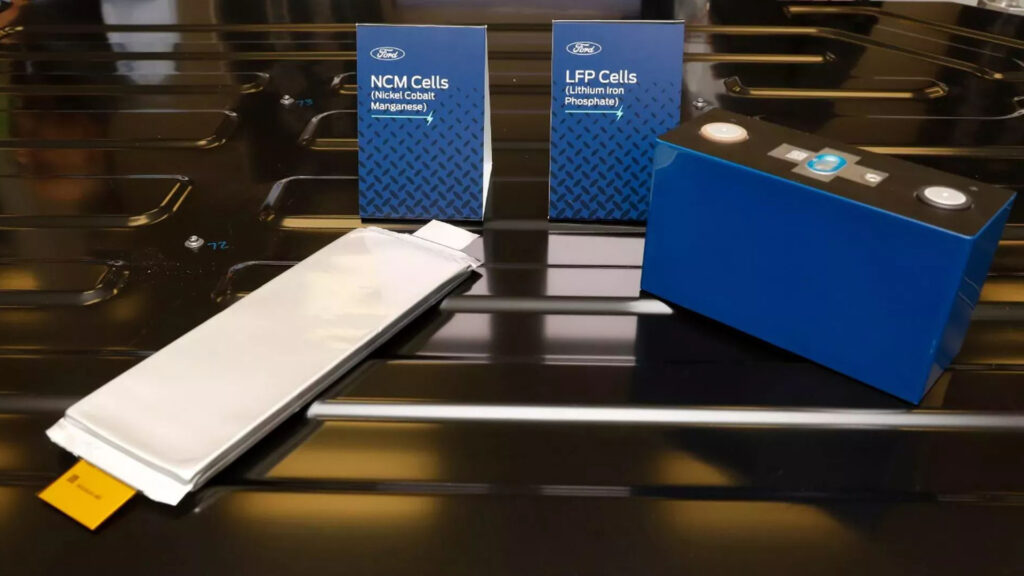The world’s largest EV battery manufacturer, CATL, claims to have developed new materials that will improve the charging efficiency of lithium-ion batteries for use in EVs, in particular in extremely cold conditions.
While speaking at a forum in Shanghai, China, CATL chief scientist Wu Kai revealed that the company’s newly-developed electrolyte could deliver a 50% increase in efficiency in -20 degrees Celsius (-4 degrees Fahrenheit) conditions. Charging efficiency has also improved 43% under more normal temperatures.
While Wu did not provide Reuters with specifics about how the new electrolyte was developed, he said that the company will be able to mass produce an EV battery that can be recharged in 10 minutes while offering 400 km (248 miles) of driving range. CATL’s next aim is to develop an EV battery with 400 km of range that can be recharged in just 5 to 7 minutes.
Read: Toyota Shows Electric Crown And New Solid-State Batteries With Up To 932 Miles Of Range

Interestingly, Wu doesn’t sound optimistic about the short-term future of solid-state batteries, long touted as the successor to current lithium-ion batteries and those using different cell chemistries. This comes despite Toyota recently stating it will be able to produce solid-state batteries as soon as 2027 that cost half as much, weigh 50% less, and can be recharged in 10 minutes or less.
“What I am sure of is no one is capable of mass-producing solid-state batteries in the industry currently,” Wu told Reuters. “They claim to be able to halve the costs, which is very exciting and would be very disruptive, but I wonder what base they are comparing.”
Improving the charging efficiency of EV batteries isn’t the only breakthrough that CATL has made this year. In April, the company said it had the technology to build battery cells with an energy density of up to 500 Wh/kg, significantly greater than the 296 Wh/kg energy density of Tesla’s current 4680 cells. It believes these cells are so advanced that they could power electric passenger aircraft.




